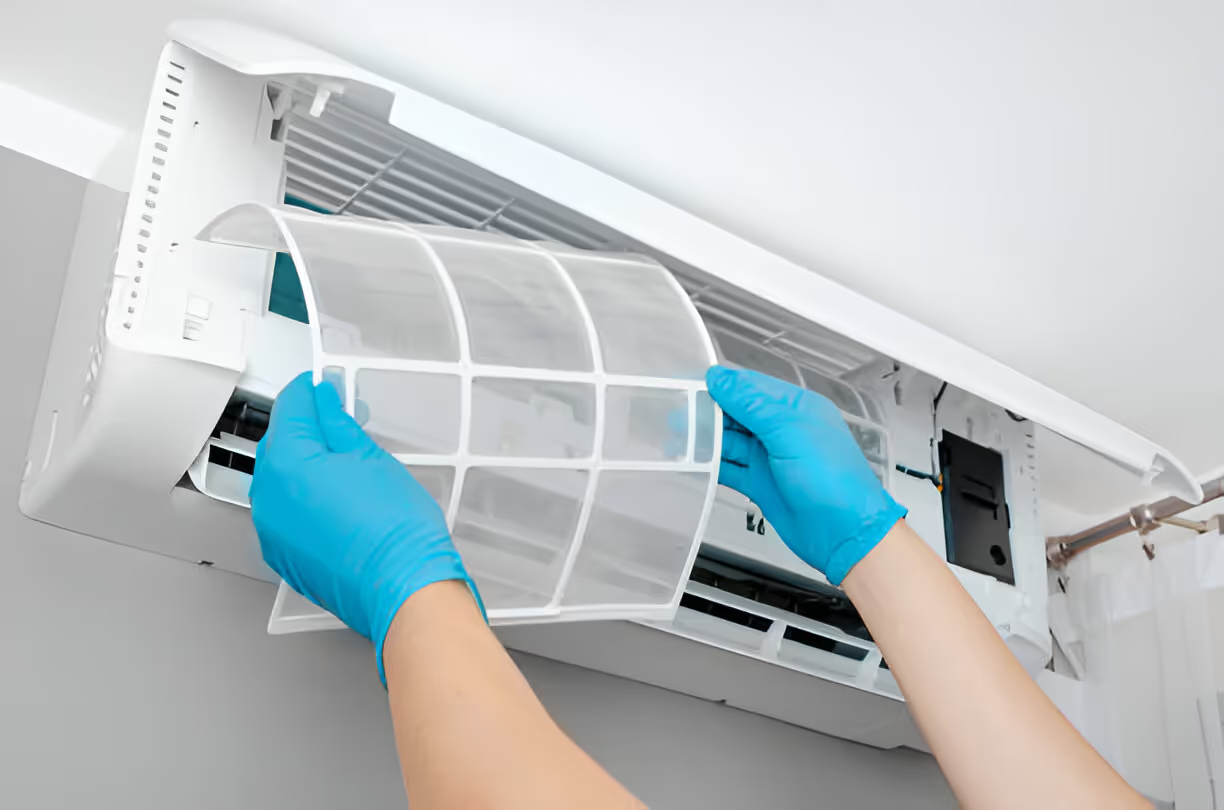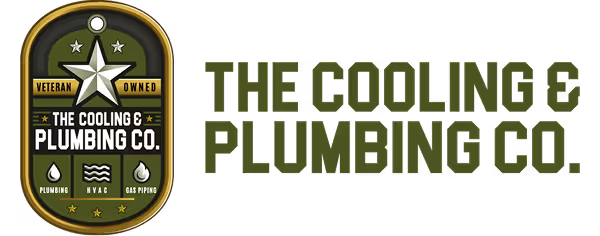Commercial Air Conditioning in Tempe, AZ
Keeping commercial properties cool and operational in Tempe, AZ is more than comfort — it is essential to tenant satisfaction, food safety, electronic reliability, and uninterrupted business operations. With long, hot summers, high daytime cooling loads, and seasonal monsoon dust, commercial air conditioning systems in Tempe face demands that require experienced diagnostics, timely repairs, and proactive maintenance. This page explains the common commercial HVAC issues Tempe businesses face, the types of commercial air conditioning services available, how problems are diagnosed, and what long-term service and compliance solutions look like.

Common commercial air conditioning issues in Tempe
- Frequent short cycling: High ambient temperatures and improper system sizing cause units to cycle on and off, increasing wear and energy use.
- Low airflow and clogged coils: Dust and pollen from monsoon season and persistent desert dust reduce coil efficiency and indoor comfort.
- Refrigerant leaks and performance loss: Older systems and rooftop units are prone to refrigerant loss, lowering cooling capacity and raising energy costs.
- Electrical failures: High load and heat stress lead to failing contactors, capacitors, and wiring issues on compressors and fans.
- Control and zoning problems: Outdated controls, failed sensors, or poor zoning create uneven temperatures across suites, critical for multi-tenant buildings.
- Rooftop unit deterioration: UV exposure, corrosion, and standing water accelerate rooftop packaged unit degradation in valley climates.
- Emergency outages during peak demand: The hottest days generate the highest risk of system failure when downtime is most costly.
Commercial HVAC services for Tempe businesses
- Rooftop and packaged unit installation: Sizing for load, selecting efficient equipment rated for Arizona conditions, roof curb integration, and sequencing replacement to minimize tenant disruption.
- Preventative maintenance contracts: Scheduled tune-ups, filter and belt replacement, coil cleaning, refrigerant checks, electrical inspections, and documentation to protect warranties and reduce breakdown risk.
- Emergency commercial AC repair: Rapid diagnostics and on-site parts repair for compressors, motors, controls, and electrical components to restore operations quickly.
- System zoning and controls upgrades: Modern zoning, digital thermostats, and building automation interfaces to balance comfort and reduce energy use across multiple spaces.
- Energy-management solutions: Trend monitoring, demand control, variable frequency drives (VFDs), economizers where applicable, and sequence optimization to lower monthly energy expenses.
- Code compliance and documentation: Equipment selection and installation practices that meet local codes, refrigerant handling regulations, and commercial permit processes.
- Service plans for property managers: Customized plans with prioritized dispatch windows, seasonal preparations, and full-service reporting for lease and asset management.
How commercial AC problems are diagnosed
- Initial site assessment: Inspect rooftop units, packaged systems, ductwork, and mechanical rooms for visible damage, airflow restrictions, and condensate issues.
- Performance testing: Measure supply and return temperatures, static pressure, and airflow to verify system capacity against the building load.
- Refrigerant and leak testing: Use leak detectors and pressure tests to locate and quantify refrigerant loss, and assess the need for repair vs replacement.
- Electrical and control evaluation: Test starting capacitors, relays, contactors, and control boards; validate sensor accuracy and thermostat programming.
- Operational sequencing review: Analyze how multiple units and rooftop systems stage under load to find inefficiencies or improper setpoints that stress equipment.
- Safety and code checks: Confirm safe rooftop access, secure curbs, proper rooftop clearances, and that installations meet local fire, mechanical, and energy codes.
Repair and replacement options explained
- Component repairs: Replacing capacitors, contactors, motors, sensors, and valves can restore function quickly and cost-effectively when systems are otherwise healthy.
- Compressor and coil repairs: These are heavier repairs that are justified when the rest of the system is in good condition and remaining life expectancy is reasonable.
- Packaged unit replacement: When efficiency losses, repeated repairs, or refrigerant obsolescence (R-22 phaseout) make continued service uneconomical, staged rooftop unit replacement with modern, higher-efficiency equipment is recommended.
- Retrofits and efficiency upgrades: Adding VFDs, advanced controls, economizers, or high-efficiency coils can reduce operating costs without full system replacement.
- Minimizing downtime during replacement: Phased swaps, temporary cooling solutions, and after-hours work limit impacts to tenants and business operations.
Preventative maintenance and service plans for Tempe properties
- Seasonal tune-ups: Pre-summer inspections and cleaning ensure systems are ready for peak demand and reduce the chance of heat-season failures.
- Regular filter and coil maintenance: Frequent filter changes and coil cleaning are critical in Tempe’s dusty environment to maintain airflow and efficiency.
- Priority emergency response: Service plans for property managers often include priority scheduling and documented service histories for lease and warranty compliance.
- Performance reporting: Routine reports show runtime, energy trends, and identified issues so building managers can budget and plan for capital replacements.
Code compliance, permits, and documentation
Commercial HVAC work in Tempe requires adherence to local building and mechanical codes, proper refrigerant handling, and permitting for major replacements or structural roof work. Accurate documentation of equipment specifications, permit filings, and final inspection records protects property owners, supports compliance at lease turnover, and simplifies insurance claims when needed. Licensed technicians and certified refrigeration handling are essential for lawful and safe installations.
Why timely commercial AC service matters in Tempe
Prompt, expert commercial air conditioning service reduces the risk of operational shutdowns, maintains tenant comfort and safety, cuts unnecessary energy spend, and prolongs equipment life. For restaurants, medical offices, retailers, and multi-tenant properties in Tempe, predictable cooling performance is directly tied to revenue, compliance, and reputation. Proactive maintenance and thoughtful upgrades tailored to Arizona climate conditions deliver measurable savings and fewer emergency interruptions.
Practical tips for property managers and business owners: keep rooftop access clear, schedule maintenance before the hottest months, track runtime and energy use monthly, and ensure filters are changed frequently during dust and monsoon seasons. These simple practices, paired with professional commercial HVAC service, help Tempe businesses stay cool, compliant, and competitive year-round.






